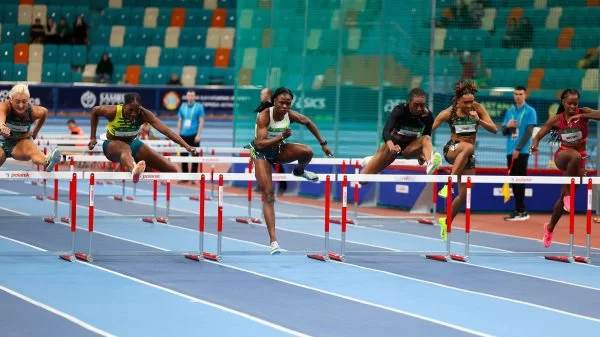
Stanford University’s Student-Athlete Advisory Committee (SAAC) is at the forefront of addressing the evolving landscape of college sports. As the NCAA faces significant changes—particularly with the introduction of Name, Image, and Likeness (NIL) regulations and discussions about player rights—the SAAC is dedicated to ensuring that the voices of student-athletes are heard and represented.
The committee comprises student-athletes from various sports, all committed to advocating for their peers and enhancing the overall collegiate athletic experience. One of their primary focuses is educating athletes about the implications of NIL deals, which allow them to monetize their personal brand while maintaining their collegiate eligibility. By hosting workshops and informational sessions, the SAAC aims to empower athletes to make informed decisions regarding endorsements and sponsorships.
In addition to NIL education, the SAAC is actively involved in promoting mental health awareness and well-being among student-athletes. Recognizing the unique pressures that come with balancing academics and athletics, the committee works to foster an environment where athletes can openly discuss their mental health and access necessary resources. Initiatives such as peer support groups and partnerships with mental health professionals are crucial in creating a supportive community.
Furthermore, the SAAC is engaging in discussions about athlete rights, pushing for better support systems, and advocating for policies that prioritize the welfare of student-athletes. They aim to address issues such as scholarship protections, healthcare access, and fair treatment within athletic programs.
The committee’s proactive approach not only highlights the changing dynamics of college sports but also emphasizes the importance of student-athlete leadership. As the landscape continues to shift, the SAAC’s role in representing the interests of student-athletes becomes increasingly vital.
Through their advocacy efforts, the Stanford SAAC is not just responding to changes in college athletics; they are shaping the future of student-athlete experiences, ensuring that athletes are well-informed, supported, and empowered to thrive both on and off the field.
Leave a Reply